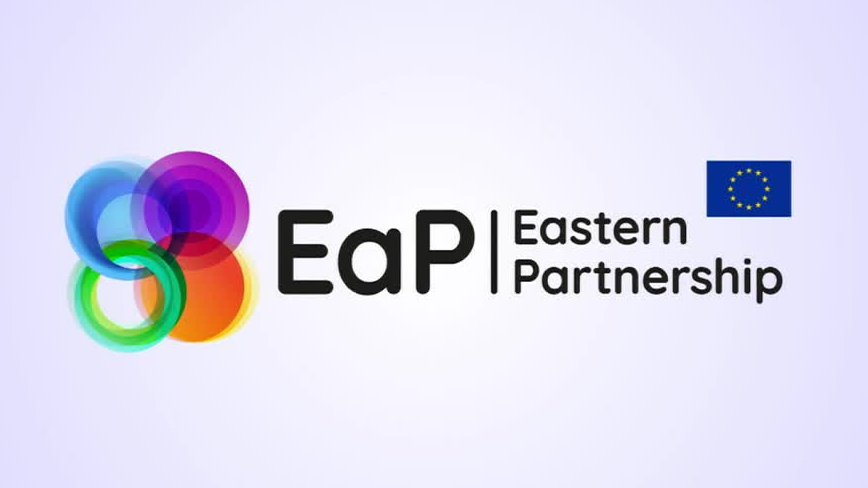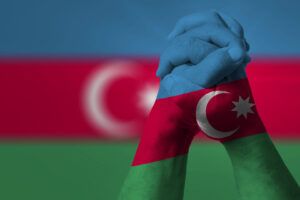The first Eastern Partnership European School opened its doors to 30 students from Armenia, Azerbaijan, Belarus, Georgia, the Republic of Moldova and Ukraine today.
As one of the Eastern Partnership’s 20 deliverables for 2020, it will provide students from the EU’s six Eastern partner countries with an innovative academic programme while fostering multicultural exchanges and cooperation.
The start of the academic year was marked with an official inauguration ceremony by EU Commissioner Johannes Hahn and Prime Minister of Georgia Mamuka Bakhtadze.
“It is a project close to my heart and marks a new milestone in the EU’s cooperation with its Eastern partners. Offering high quality education to youth is an investment in the future of the students, of their countries, and of our strong and enduring partnership,” Commissioner Hahn said today.
PM Bakhtadze called the project an important step for government reform.
“I declare with full responsibility that the interest of the students and youth is the most important priority for us, as well as education reform,” PM Bakhtadze said expressing his happiness that the first Eastern Partnership European School outside the EU has been launched in Tbilisi.
“We are honoured to have constant support from the EU on our path of strengthening democracy and ensuring stability in the country,” he added.
All EU Member States and the six Eastern partner countries at the Eastern Partnership Summit in November last year have endorsed the Eastern Partnership European School as a top priority and as part of the commitment to strengthen support to youth and education in the region.
The unique diploma programme offered at the Eastern Partnership European School combines academic excellence with specialised teaching inspired by the European school system. Students aged 16 and 17 will attend classes in a multilingual and multicultural environment to extend and deepen their knowledge about Europe and the European Union. The students will graduate with an International Baccalaureate Diploma in European Studies.




